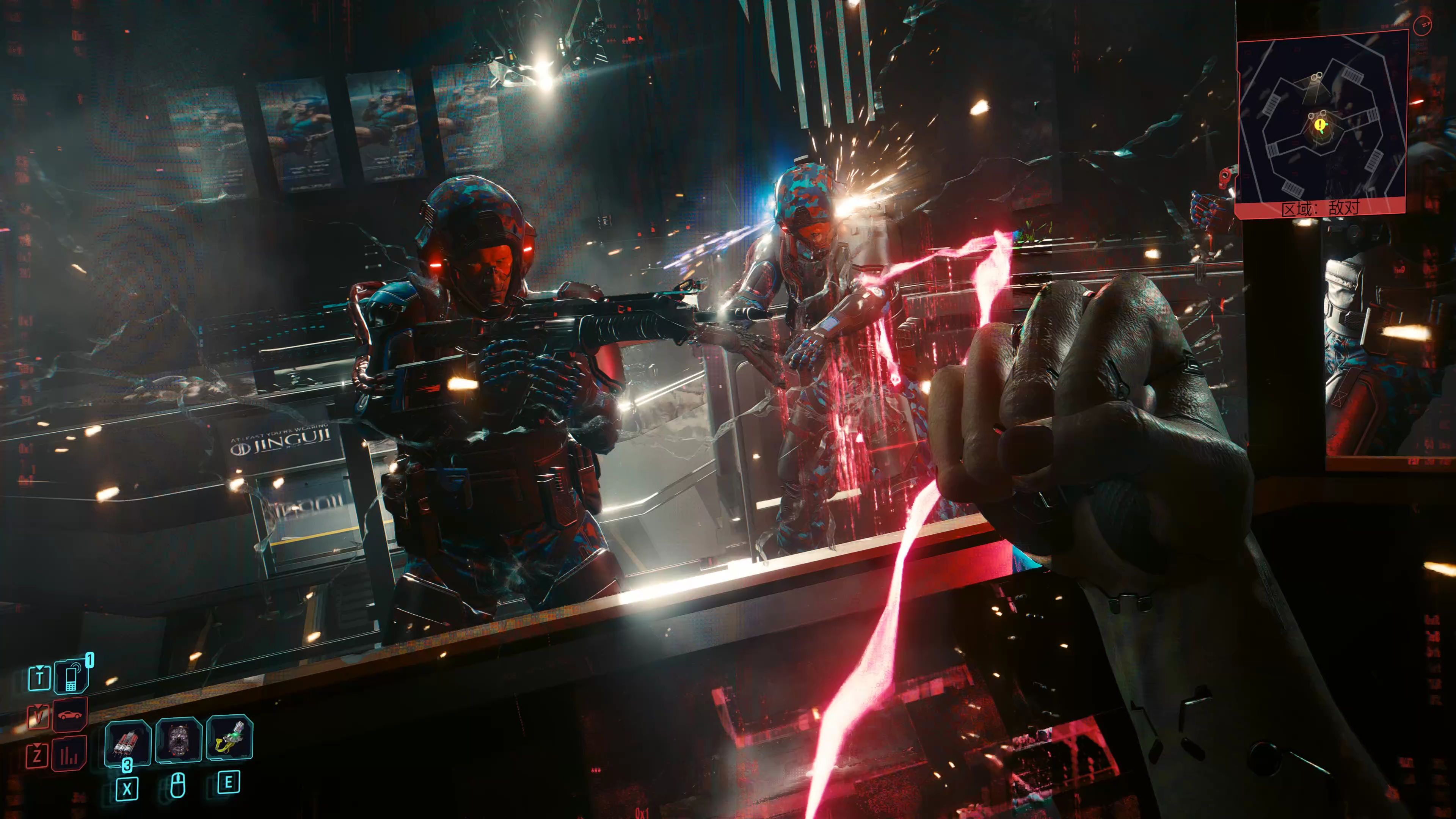How AAA Game News Drives Community Events
In the digital age, the relationship between AAA game announcements and community-driven events has evolved into a dynamic and symbiotic ecosystem. Major game news—whether it’s a release date reveal, a trailer drop, or a developer livestream—does more than just inform; it ignites excitement, fosters engagement, and often serves as the catalyst for a wide range of community activities. From fan-organized launch parties to online tournaments and charity fundraisers, the ripple effects of high-profile game news are profound and multifaceted.
The Power of Anticipation
The lifecycle of a AAA game often begins years before its release, with carefully orchestrated news cycles designed to build anticipation. Announcements at events like E3, The Game Awards, or dedicated publisher showcases are not merely marketing exercises—they are communal experiences. When a long-rumored title like The Elder Scrolls VI is finally teased, or a new Halo installment is unveiled, the news spreads instantaneously across social media, gaming forums, and content platforms. This shared moment of revelation creates a sense of collective anticipation, which in turn inspires fans to take action.
For example, the announcement of Cyberpunk 2077—despite its eventual rocky launch—generated an enormous wave of community-driven initiatives. Fans organized online watch parties for trailers, created countdown websites, and even coordinated in-meetups in cities like Los Angeles and Warsaw. These activities were not mandated by CD Projekt Red; they emerged organically from a community galvanized by big news.
From Digital Excitement to Real-World Gatherings
One of the most visible ways game news drives community events is through the organization of physical and virtual gatherings. Launch parties for games like Call of Duty or FIFA have become traditions in many gaming hubs around the world. When a release date is announced, local fan groups often partner with gaming cafes, bars, or event spaces to host midnight release events, complete with tournaments, cosplay contests, and screenings.
But it’s not just about launch nights. Major news updates, such as the announcement of a major expansion or a seasonal event within a game, can also spur community activities. For instance, when Bungie announces a new Destiny 2 expansion, clans frequently organize “raid day” events where dozens of players gather online—or sometimes in person—to tackle new content together at the earliest possible moment. These events strengthen social bonds and create lasting memories, turning isolated players into connected communities.
The Role of Content Creators and Influencers
AAA game news also amplifies community events through the influence of streamers, YouTubers, and gaming personalities. When a major announcement drops, content creators often host special streams, debriefs, or reaction videos, which serve as virtual town halls for their audiences. These sessions frequently evolve into larger community happenings. For example, when Grand Theft Auto VI was officially announced in 2023, dozens of top Twitch streamers hosted live reaction streams, attracting millions of combined viewers. These streams weren’t just passive viewership experiences; they became interactive events with live chats, polls, and watch-alongs.
Moreover, influencers often leverage big news to organize their own community events. A notable case is the annual “Games Done Quick” marathon, which schedules speedrunning segments around major game releases or announcements to maximize viewer engagement and donations. When a highly anticipated game like Elden Ring drops, speedrunners and content creators quickly organize races and charity streams, drawing thousands of participants and spectators.
Fostering Competitive and Collaborative Play
Competitive gaming is another area where AAA news directly fuels community events. The announcement of a new game mode, character, or balance patch in titles like League of Legends, Overwatch 2, or Valorant often leads to an immediate surge in community tournaments. Amateur leagues, college esports clubs, and Discord communities quickly adapt their schedules to incorporate the new content, hosting brackets and scrimmages that allow players to test new metas and strategies together.

Similarly, collaborative games like MMORPGs rely heavily on news cycles to sustain engagement. When Square Enix announces a new patch for Final Fantasy XIV, Free Companies (guilds) spring into action—organizing farm parties, lore discussion groups, and screenshot contests centered around the new content. These micro-events, though smaller in scale, are essential in maintaining the game’s social fabric between major releases.
Charity and Social Initiatives
Perhaps the most inspiring aspect of how game news drives community events is the rise of charity initiatives. When a beloved game franchise makes headlines, it often inspires fans to give back. The announcement of a new Sonic game, for example, has frequently been accompanied by fan-led charity streams supporting children’s hospitals or environmental causes—themes resonant with the franchise’s ethos.
Similarly, when a developer shares news about a game’s impact—such as the inclusion of accessibility features or a message of inclusivity—communities often respond with supportive events. For instance, when Naughty Dog highlighted the representation in The Last of Us Part II, LGBTQ+ gaming groups organized online marathons and discussion panels, amplifying the news into a movement rather than just a headline.
The Feedback Loop: How Communities Shape News
It’s important to recognize that this relationship is not one-sided. Just as game news drives community events, community reactions often influence subsequent news cycles. When fans organize a successful event—like a petition for a PC port or a fan festival for an underappreciated title—publishers and developers take notice. The overwhelming response to the Final Fantasy XIV fan festival in 2013, for example, convinced Square Enix to officially support and expand similar events in the future.
Today, developers often tailor their news announcements to synergize with community behavior. Bethesda’s rollout of news for Starfield included dedicated segments for fan theories and community highlights, acknowledging and encouraging the vibrant ecosystem of events and content that had already formed around the game.
Conclusion
In the interconnected world of modern gaming, AAA game news is far more than information—it’s a spark. It ignites anticipation, creativity, and collaboration among players, content creators, and fan groups. Whether through physical gatherings, online tournaments, charity fundraisers, or cultural discussions, the announcement of a major game doesn’t just promote a product; it activates a community. And as the industry continues to evolve, this synergy between news and events will only grow deeper, reminding us that games are not just played, but lived and shared.















